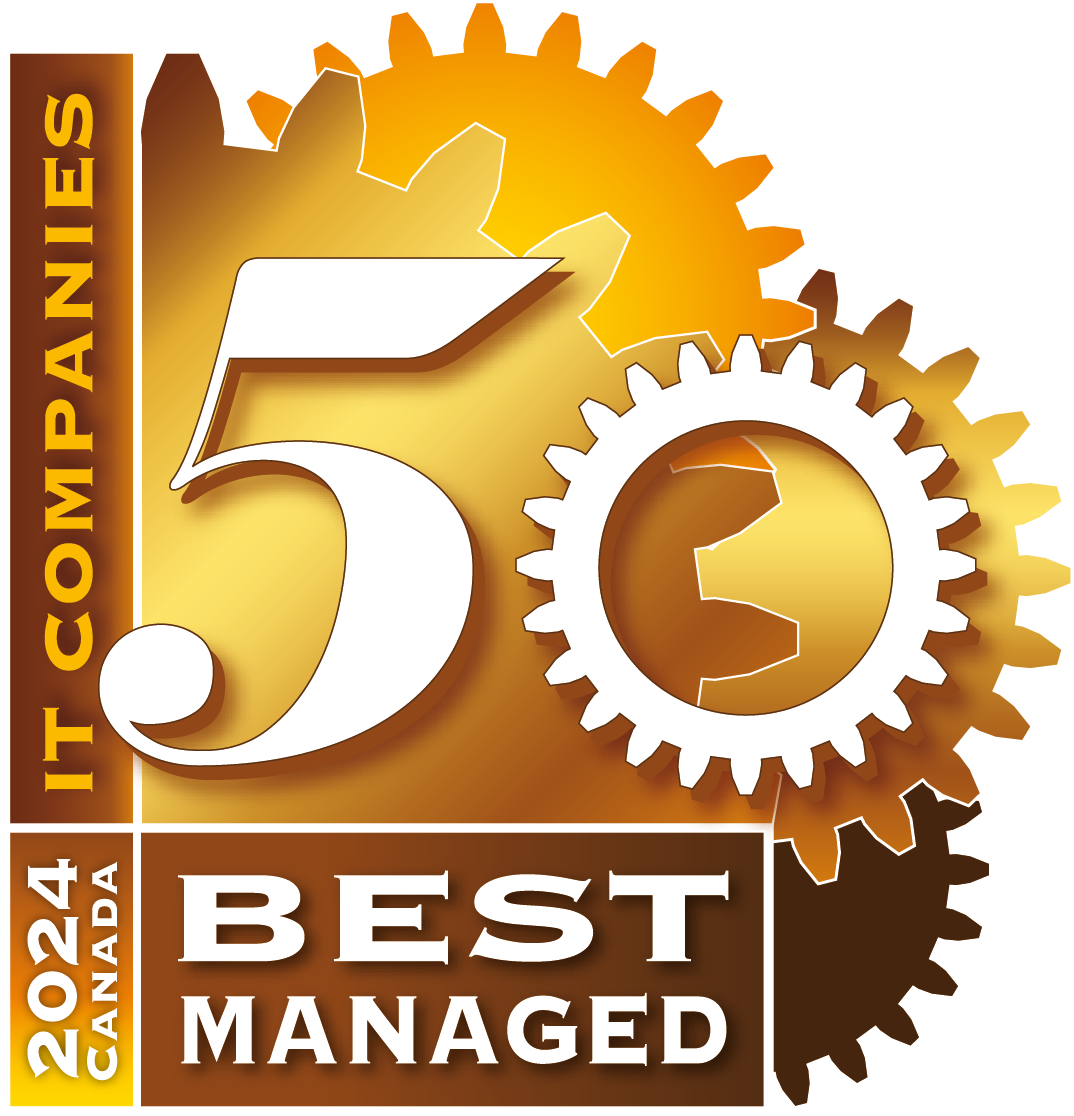An IT infrastructure strategy for modernization is front and center for many business leaders today. They either see an opportunity to save costs by streamlining their IT setup, understand it can be the key to innovation, want their business to move on from outdated tech and stay relevant, or all of the above.
Whatever the reasons, modernizing IT infrastructure can be a task rife with challenges and opportunities, and it is essential to draw up a robust IT infrastructure strategy to prepare the business for the undertaking. It can be a complex and long-term investment, and without proper infrastructure planning it can lead to disruptions, spiralling costs and muted benefits.
Essentials for IT Infrastruct
A good infrastructure strategy will take into account all the technologies that shape digital transformation today, including:
- Cloud services
- Security services
- Communications tools
- Mobile devices
- Cutting-edge application frameworks
- Seamless network connectivity
- Disaster recovery and business continuity
Businesses that undergo digital transformation with an effective IT infrastructure strategy replace inefficient technology, high maintenance costs, and poor performance with improved productivity, a better customer experience, real-time efficiency and reduced costs.
With that in mind, let’s take a step-by-step look at the right way to modernize IT infrastructure…
| Do You Know Which Technologies Will Deliver Maximum Value?
Fusion Computing helps businesses like yours identify the right combination of cloud environment and on-prem services to minimize costs and maximize utility. |
Know When it’s Time to Modernize IT
IT infrastructure modernization has a reputation among some of the more risk-averse business leaders as a daunting and expensive challenge that tries to fix something that’s not broken.
That view, however, has caused many businesses to fall by the wayside as more digitally innovative competitors easily passed them by. The first step in the process, then, is knowing when it’s time for infrastructure improvement, and then making sure the business case is properly articulated.
The business case might lay out how moving to cloud computing can save on IT costs, how adopting a certain set of technologies can help the business pivot to a new market, or how migrating to a new infrastructure can prevent the business from losing customers to a forward-looking competitor.
Source: Deloitte
If the business case put forward is strong, the senior leadership team will be compelled to place their influence and investment behind the modernization. With enough of an incentive, even the most risk-averse executive will understand that sometimes you just need to keep up to survive.
Assess the Current Technologies Infrastructure
You need to know what you already have to determine what needs to be modernized. Compile a detailed rundown of the existing infrastructure and make notes on what is working well, what is holding back efficiency and service quality, and what needs to be replaced or eliminated.
When assessing your IT infrastructure, you might come across some technologies that are barely used by the business and others that are critical to operations but hopelessly outdated and inefficient compared to modern options on the market.
| Call-out/Tip
Remember, assessing the IT landscape does not just mean scrutinizing technology for technology’s sake. More importantly, you need to think about how the IT capabilities of the business relate to its pain points and what is needed to achieve wider business goals. |
Look at Where You Can Consolidate IT and Automate Work
One of the most satisfying aspects of IT modernization is businesses often find they can consolidate their infrastructure, rolling disparate sets of software and hardware into a unified cloud strategy, or bundling a group of applications into a single source of operations.
What was once a proliferation of physical servers can become a lean virtualized environment with the power of modern technology. Even the most complex business environments can be streamlined to a great extent, reducing costs and simplifying IT management.
You should also be looking out for areas where manual work can be automated by today’s technologies. So much of the work being done today by staff can be done by computers, and the IT infrastructure modernization is the perfect time to take a close look at what can be automated.
| Maximize ROI With These IT Management Strategies: |
Create a Modernization Roadmap and New Infrastructure Design
Once you know what needs to be modernized and how it will support the business, it’s time to create a roadmap for the modernization and a plan for how the infrastructure will be designed.
A roadmap will give you timelines to ensure the modernization stays on track, and designing the infrastructure in advance will give your team or IT partner clear direction for the implementation.
If you’re lacking the capabilities in-house to design an improved infrastructure, IT service providers can identify the best technologies and create an environment that will best suit the needs and goals of your business, and perform asset management.
While it’s easy to get excited about IT modernization when you begin seeing all the innovation opportunities, don’t forget about security and reliability. Your infrastructure needs to be designed not only for performance and efficiency, but also to keep out threats and prevent downtime.
Set a Budget Based on Your Modernization Requirements
Setting a budget will ensure that the costs of your IT modernization do not spiral out of control, as long as you stick to it. You will need to factor in costs such as:
- Maintenance fees
- Licensing fees
- Equipment costs
- Telecommunications costs
- Data center costs
- IT personnel costs
- IT service provider costs
The nature of your IT costs will depend on various factors, such as whether you are outsourcing everything to a service provider, the complexity of your business needs, and how far you are willing to go in ensuring your business is at the cutting edge of digital transformation.
Assess and Select Vendors and Technologies for Your Digital Business
Now that your infrastructure is taking shape, it’s time to start choosing the specific vendors and technologies that will bring it to life. Among the products you will be choosing are devices, storage tools or hardware, physical or virtual servers, public cloud services, and software applications.
Many businesses choose to leave the work of selecting vendors and technologies up to IT service providers because they have the ready-made, up-to-date knowledge on the latest software and services.
Those that choose to go it alone should ensure they spend time researching products and services and understanding how they will fit into the infrastructure and how they will help the business move towards its goals.
Build the New Infrastructure
The final step is to build and implement the new IT infrastructure so you begin taking advantage of all its benefits. But the work doesn’t end there. If you found that the infrastructure investment was expensive and painful, it’s worth creating a plan to ensure you are continually reviewing your IT and looking for opportunities to innovate so your business maintains its competitive advantage.
As one of Toronto’s most experienced IT service providers, Fusion Computing has been trusted to help businesses across the GTA modernize their IT infrastructure and digitally transform. Contact us today to learn more about the best ways to migrate to a cutting-edge new IT setup.




